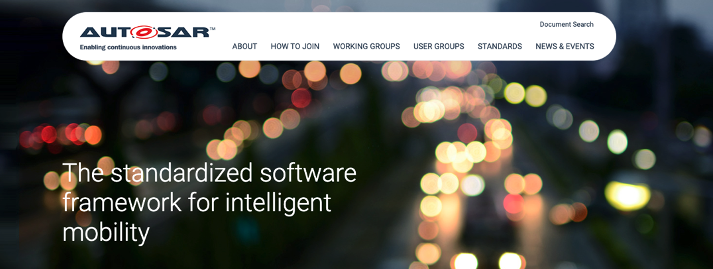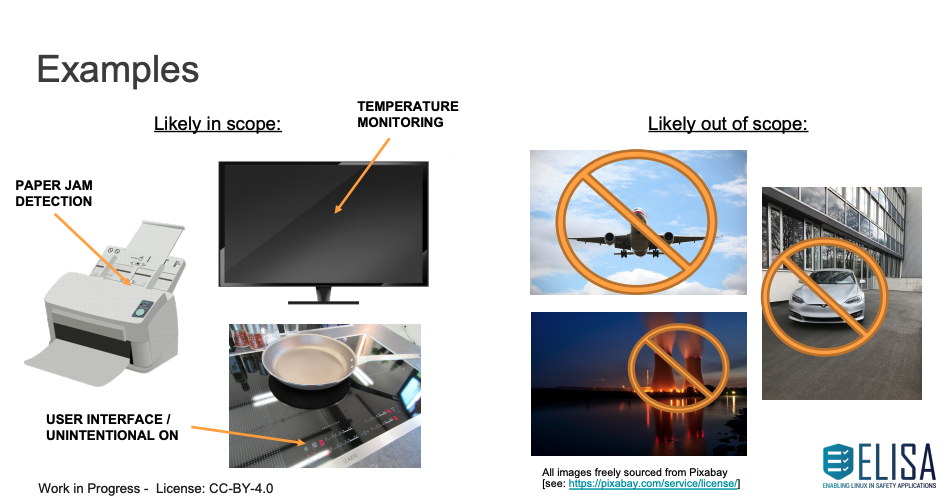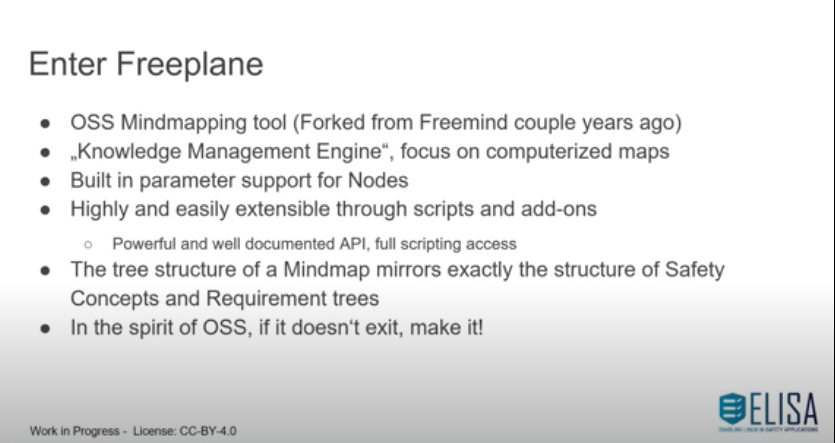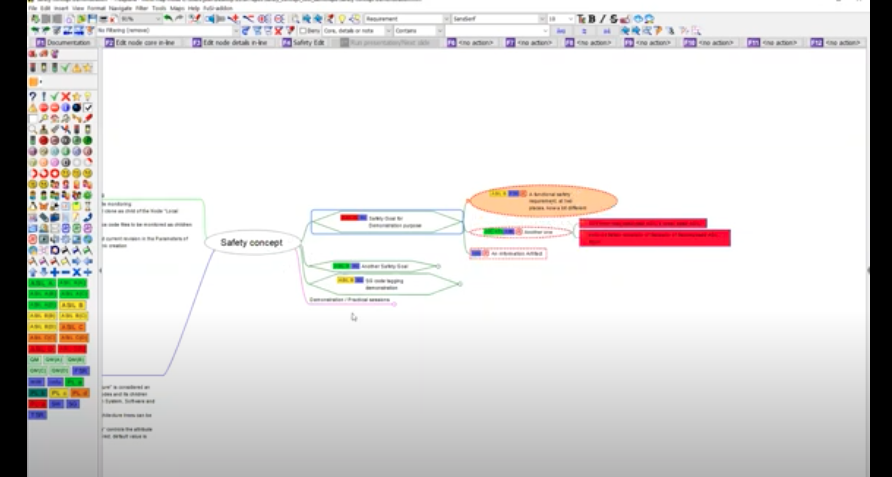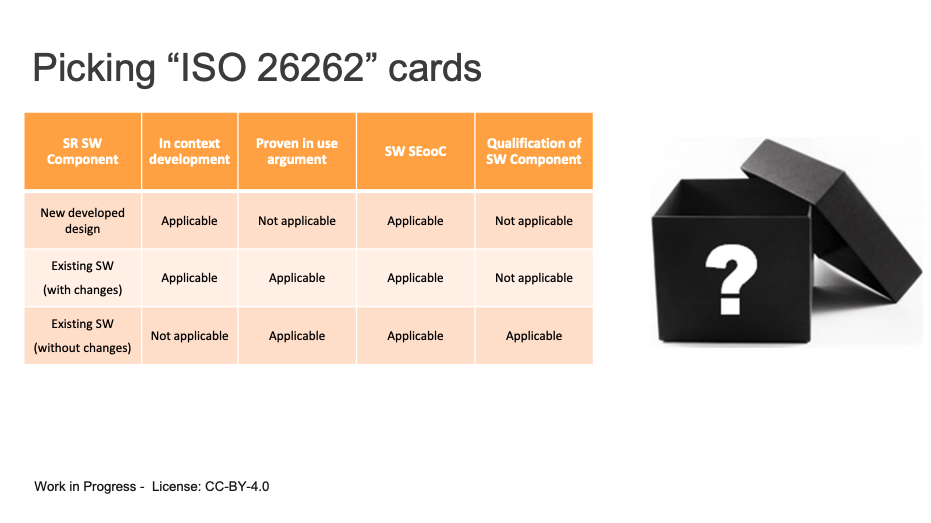Written by Paul Albertella, Chair of the ELISA Project Open Source Engineering Process Working Group
The ELISA Project’s new Open-Source Engineering Process (OSEP) Working Group focuses on the role of engineering processes in creating safety-related systems based on Linux and other FOSS.
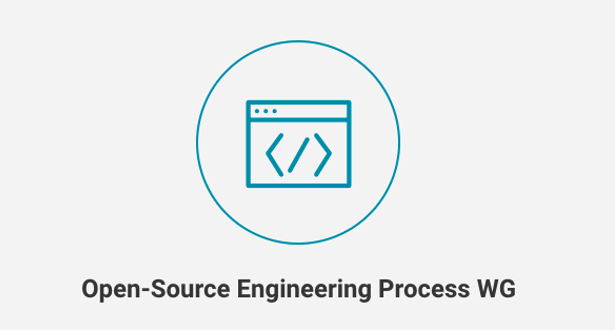
Engineering processes are very important in safety, because we rely heavily on them to provide confidence in a system and its components. We achieve confidence by undertaking risk analysis to identify how harm may result from the use (or misuse) of the system, and then constructing a safety argument, which describes how these risks are managed.
When we apply this approach to a specific element of the system, such as a software component like Linux, the argument can be broken down into a number of claims that we want to make regarding that element and its role in the safety of our system. Some claims will relate to the functional responsibilities that the element has in the system; others will relate to the processes that we use to create and refine it.
Importantly, we also need to produce evidence to support these claims. Almost all of this evidence will be produced by an engineering process; some of it will be evidence relating to those processes themselves..
Safety standards like ISO 26262 and IEC 61508 describe reference processes that can act as a template for safety arguments like this. They identify the engineering practices that are seen be necessary (e.g. code review, verification through software testing), the formal processes that are used to control these (e.g. verification management), and the evidence needed to confirm that these have been applied (e.g. test plans, test results).
These reference processes are based on the V-model, which emphasises the formal specification of requirements, architecture and design, and the ability to trace formal verification processes back to these. For software, the standards focus on the processes used when developing new components for a safety-related system, although they include some guidance on applying the principles to pre-existing components, such as software libraries.
Open source projects like Linux have their own development processes, which may be sophisticated and make use of sound software engineering practices. However, it is difficult to map these directly to the reference processes described by the safety standards, because open source development models have very different goals and organizational models, which tend to emphasize refinement by rapid iteration, peer review and community contribution.
In order to address this, OSEP aims to identify and evaluate practices, processes and tools that FOSS developers, system integrators and product creators can use to bridge this gap. We plan to accomplish this by:
- Selecting Linux topics and safety-related claims that we want to make about them
- Identifying and evaluating practices, processes and tools to answer:
- What risks are associated with the topic and claims?
- To what extent are these risks addressed or mitigated by (or for) Linux?
- How can we manage risks that are not sufficiently addressed or mitigated?
- How can we show evidence to support our claims?
- Collaborating with other WGs for technical investigations
- Documenting and sharing our results as we go
If you would like to learn more about OSEP, join us for an overview presentation on November 8 at 3 pm CET at the ELISA Workshop. The Fall workshop, being held virtually on November 8-10, is free to attend and all registrants will be able to watch the sessions on-demand. Register here.
If you would like to contribute to OSEP, please join the mailing list here, where you can also find details of weekly meetings on the working group calendar.






